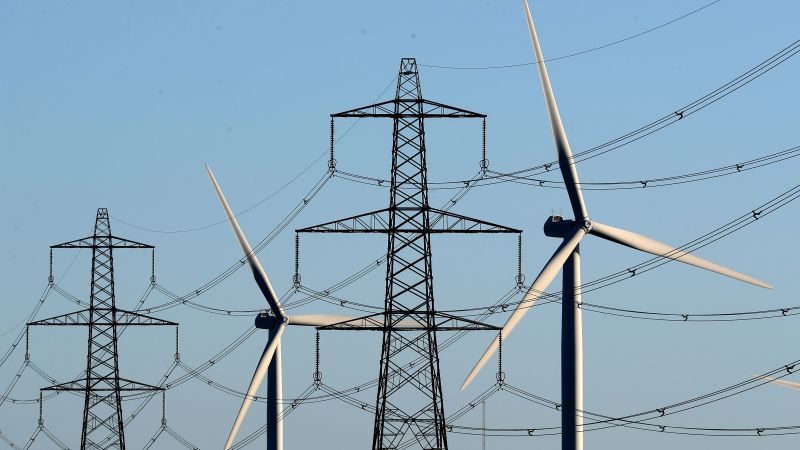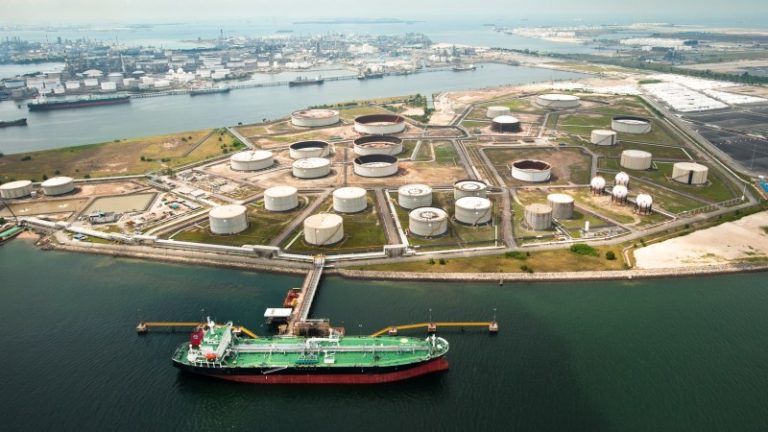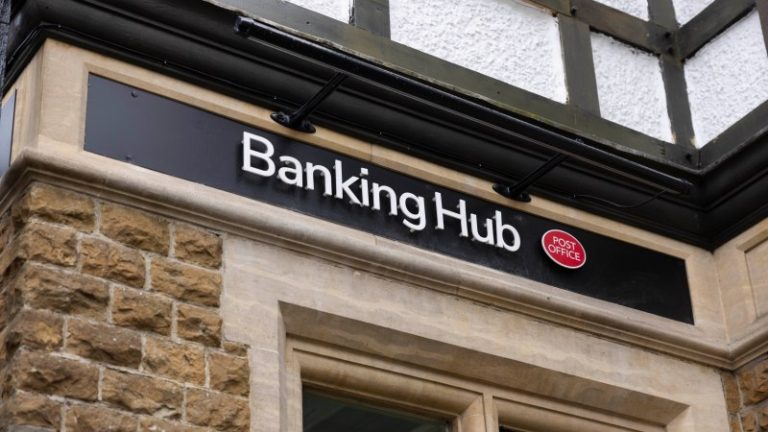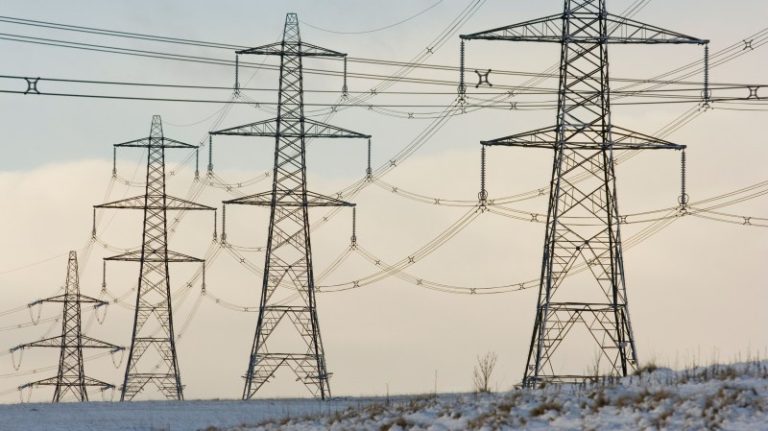National Grid to raise £7bn for energy network upgrade
More than £6 billion was wiped off the London stock market’s energy and water sector after National Grid unveiled plans for one of the largest fundraisings in more than a decade and amid fears that an election will delay energy policy decisions.
The near-£7 billion rights issue would be the largest from a company in Europe outside the banking sector in 15 years, the FTSE 100 company said.
Proceeds from the fully underwritten £6.8 billion rights issue will be used to finance a £60 billion investment programme over the next five years, almost double the previous five-year period. Just over half the planned investment will be directed towards the British electricity distribution and transmission businesses and most of the remaining £29 billion will go towards the company’s networks business in New York and New England.
The new shares will be issued at 645p each, a discount of almost 35 per cent to Thursday’s closing share price. National Grid expects the investment to help it to expand its asset base at an average compound rate of 10 per cent over the five years to 2029 and to increase earnings at a rate of between 6 per cent and 8 per cent from 2025.
National Grid shares sank 122½p, or 10.9 per cent, to £10.05, and were joined by falls in other companies in the energy sector, including Centrica, the owner of British Gas, and SSE. “I think the reason for [the sell-off] is a combination of the National Grid fundraising and the potential for policy delays due to the general election,” Deepa Venkateswaran, an analyst at Bernstein, said.
The rights issue came a day after Rishi Sunak had called an election, which could mean that a Labour government replaces the Conservative administration in July.
Water companies including Pennon, the owner of South West Water, and Severn Trent suffered even heavier declines, with their shares down by 7.1 per cent and 5 per cent, respectively. Analysts at Citi said the sell-off in water companies was more likely attributable to political risk, which could include a clampdown on dividends under a Labour government.
John Pettigrew, 55, the chief executive of National Grid, said the two political parties were “very aligned when it comes to the need for this infrastructure to enable the energy transition, so I don’t see a change of government, if that was to happen, impacting on the plans we’ve laid out today”.
National Grid also plans to tighten its focus on electricity networks by selling its liquefied natural gas terminal in Kent and its renewables business in the United States.
A dividend of 58.52p a share for this year will be rebased to take account of the rights issue and then will be increased in line with CPIH, or consumer prices inflation including owner-occupiers’ housing costs, from next year.
The scale of the rights issue was greater than analysts had forecast. However, Pettigrew said there had been unanimous support from shareholders that he had spoken to in the days before it was announced.
It was also unlikely that the investment plans would result in an overall increase in customers’ bills, according to Pettigrew. “With this increased investment, the network cost will go up slightly, but actually what it enables is the connection of the lower-cost renewable generation and it avoids you having exposure to world gas prices,” he said, referring to the jump in gas prices in the immediate aftermath of the Ukraine war.
Based upon the typical household energy bill of about £1,800 a year, under the present price cap the cost associated with upgrading the electricity transmission network is £22, since the cost is spread over bills between 40 and 60 years.






